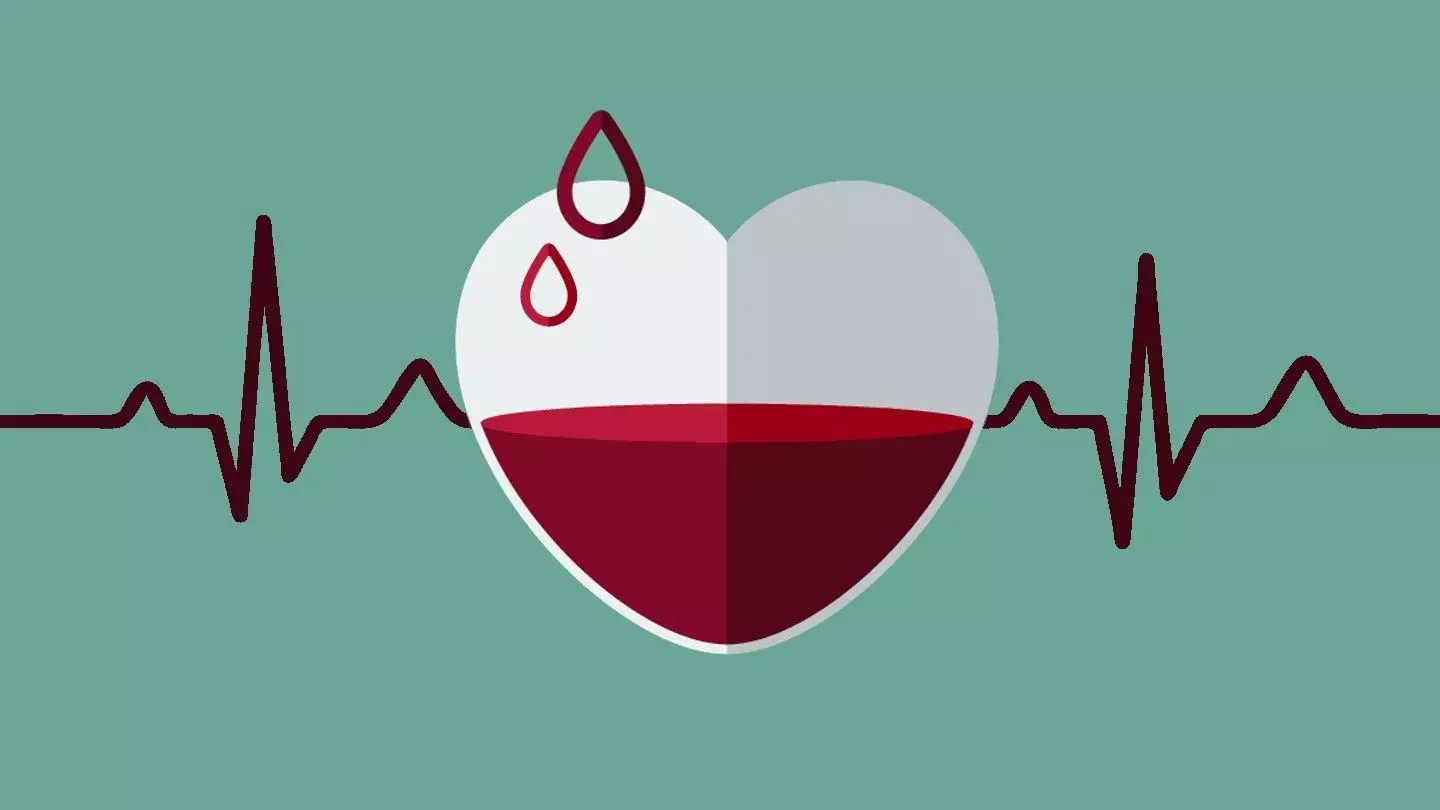- Home
- Medical news & Guidelines
- Anesthesiology
- Cardiology and CTVS
- Critical Care
- Dentistry
- Dermatology
- Diabetes and Endocrinology
- ENT
- Gastroenterology
- Medicine
- Nephrology
- Neurology
- Obstretics-Gynaecology
- Oncology
- Ophthalmology
- Orthopaedics
- Pediatrics-Neonatology
- Psychiatry
- Pulmonology
- Radiology
- Surgery
- Urology
- Laboratory Medicine
- Diet
- Nursing
- Paramedical
- Physiotherapy
- Health news
- Fact Check
- Bone Health Fact Check
- Brain Health Fact Check
- Cancer Related Fact Check
- Child Care Fact Check
- Dental and oral health fact check
- Diabetes and metabolic health fact check
- Diet and Nutrition Fact Check
- Eye and ENT Care Fact Check
- Fitness fact check
- Gut health fact check
- Heart health fact check
- Kidney health fact check
- Medical education fact check
- Men's health fact check
- Respiratory fact check
- Skin and hair care fact check
- Vaccine and Immunization fact check
- Women's health fact check
- AYUSH
- State News
- Andaman and Nicobar Islands
- Andhra Pradesh
- Arunachal Pradesh
- Assam
- Bihar
- Chandigarh
- Chattisgarh
- Dadra and Nagar Haveli
- Daman and Diu
- Delhi
- Goa
- Gujarat
- Haryana
- Himachal Pradesh
- Jammu & Kashmir
- Jharkhand
- Karnataka
- Kerala
- Ladakh
- Lakshadweep
- Madhya Pradesh
- Maharashtra
- Manipur
- Meghalaya
- Mizoram
- Nagaland
- Odisha
- Puducherry
- Punjab
- Rajasthan
- Sikkim
- Tamil Nadu
- Telangana
- Tripura
- Uttar Pradesh
- Uttrakhand
- West Bengal
- Medical Education
- Industry
Oral iron fails to improve, transferrin saturation and 6-min walk test in HF with anemia

China: In individuals suffering from heart failure (HF) with iron deficiency (ID) or moderate anemia, oral iron supplementation can raise blood iron levels, but it has little effect on transferrin saturation (Tsat) and 6-min walk test (6MWT), says an article published in European Society of Cardiology Heart Failure.
For individuals with HF and anemia, iron supplementation is a preferable alternative. Recent randomized controlled trials (RCTs) and meta-analyses have demonstrated that intravenous iron delivery increases iron bioavailability, improves exercise tolerance, and lowers the risk of readmission to the hospital.
Zhiping Song and colleagues conducted this review in order to determine if oral iron supplementation in a chronic heart failure population with iron deficiency or moderate anemia is safe and efficacious in accordance with evidence-based medicine.
During the period of 1 January, 1991 to 15 September 2021, 1803 records were obtained from the databases of Embase, PubMed, and the Cochrane Library. The primary goal was the clinical result of oral iron supplementation for ID anemia in individuals with HF. The main effectiveness indicators were transferrin saturation, ferritin levels, and the 6-min walk test, whereas the main safety measures were adverse events and all-cause mortality. The effectiveness metrics were combined using the rate ratio (RR).
The key findings of this study were as follows:
1. Analysis was done on five randomized controlled trials with a total of 590 participants that compared oral iron therapy for patients with a placebo group.
2. There was no discernible difference in all-cause mortality between the oral iron therapy and placebo groups.
3. However, the iron therapy group did not substantially experience more negative occurrences.
4. In addition, after iron complex delivery in HF patients, ferritin levels and Tsat were marginally elevated but not statistically significant.
5. According to the findings of the 6MWT, there was no discernible variation in exercise ability.
6. Additionally, two non-randomized controlled trials were examined, and the findings of the follow-up studies demonstrated that oral iron supplements raised blood iron levels.
In conclusion, the results of this study demonstrate that safe oral iron supplementation can enhance iron storage capacity. Oral iron supplementation, however, had little effect on Tsat and 6MWT in the HF population with ID or moderate anemia. There are still a relatively small number of clinical trials on the administration of oral iron in HF with ID or anemia. Therefore, there is still a need for further well-designed RCTs including various centers and nationalities.
Reference:
Song, Z., Tang, M., Tang, G., Fu, G., Ou, D., Yao, F., Hou, X., & Zhang, D. (2022). Oral iron supplementation in patients with heart failure: a systematic review and meta‐analysis. In ESC Heart Failure. Wiley. https://doi.org/10.1002/ehf2.14020
Neuroscience Masters graduate
Jacinthlyn Sylvia, a Neuroscience Master's graduate from Chennai has worked extensively in deciphering the neurobiology of cognition and motor control in aging. She also has spread-out exposure to Neurosurgery from her Bachelor’s. She is currently involved in active Neuro-Oncology research. She is an upcoming neuroscientist with a fiery passion for writing. Her news cover at Medical Dialogues feature recent discoveries and updates from the healthcare and biomedical research fields. She can be reached at editorial@medicaldialogues.in
Dr Kamal Kant Kohli-MBBS, DTCD- a chest specialist with more than 30 years of practice and a flair for writing clinical articles, Dr Kamal Kant Kohli joined Medical Dialogues as a Chief Editor of Medical News. Besides writing articles, as an editor, he proofreads and verifies all the medical content published on Medical Dialogues including those coming from journals, studies,medical conferences,guidelines etc. Email: drkohli@medicaldialogues.in. Contact no. 011-43720751


